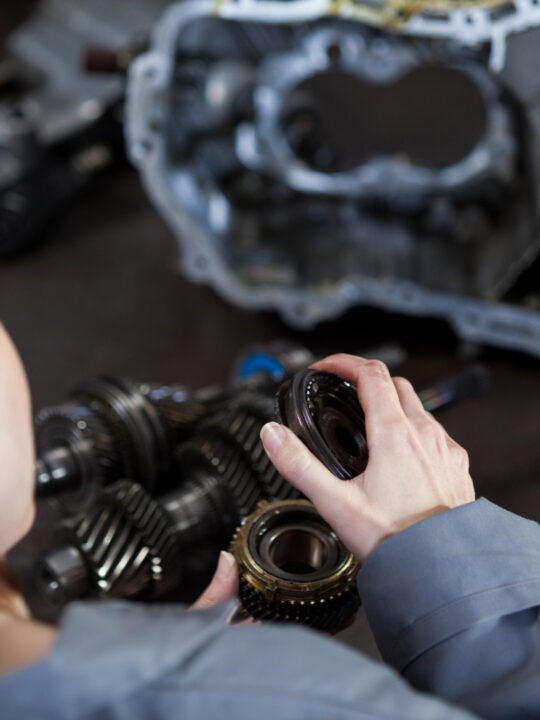 As the global demand for eggs continues to grow, the egg farming industry faces the challenge of increasing production while minimizing its environmental impact and ensuring the welfare of laying hens. Precision agriculture, which incorporates advanced technologies and data-driven decision-making, offers a promising solution to enhance the sustainability, efficiency, and profitability of egg farming. Let’s discuss some tips from Hillandale Farms about how precision agriculture is being applied in the egg farming industry and its potential to transform the way we produce eggs.
As the global demand for eggs continues to grow, the egg farming industry faces the challenge of increasing production while minimizing its environmental impact and ensuring the welfare of laying hens. Precision agriculture, which incorporates advanced technologies and data-driven decision-making, offers a promising solution to enhance the sustainability, efficiency, and profitability of egg farming. Let’s discuss some tips from Hillandale Farms about how precision agriculture is being applied in the egg farming industry and its potential to transform the way we produce eggs.
Table of Contents
Monitoring and Data Collection Technologies
A critical aspect of precision agriculture is the collection and analysis of data to make informed decisions about farm management. In the egg farming industry, this can involve monitoring factors such as temperature, humidity, air quality, and hen behavior using sensors and cameras. The data collected can help egg farmers optimize their operations, ensuring the ideal environment for laying hens and reducing the risk of disease and stress.
For example, smart ventilation systems can monitor ammonia and carbon dioxide levels in the hen house, adjusting the airflow to maintain optimal air quality. Similarly, automated lighting systems can be programmed to provide the ideal amount of light for hen health and productivity, while minimizing energy consumption.
Artificial Intelligence and Machine Learning
Artificial intelligence (AI) and machine learning have become increasingly important in the implementation of precision agriculture techniques in egg farming. These advanced technologies can analyze the vast amounts of data collected from sensors and cameras, helping farmers identify patterns, trends, and potential issues that may affect egg production and hen welfare.
For instance, AI-powered image recognition software can analyze footage from cameras placed in the hen house to detect early signs of disease or stress in laying hens, allowing farmers to intervene promptly and minimize the impact on the flock. Machine learning algorithms can also be used to predict and optimize egg production based on historical data and current conditions, helping farmers make more informed decisions about flock management and resource allocation.
Robotics and Automation in Egg Production
The integration of robotics and automation in the egg farming industry can improve efficiency, reduce labor costs, and minimize the risk of disease transmission. Automated egg collection systems, for example, can gently and efficiently transport eggs from the hen house to the grading and packing facility, reducing the need for manual handling and minimizing the risk of egg breakage.
Robotic systems can also be used for tasks such as cleaning, disinfecting, and monitoring hen houses, ensuring a consistently clean and healthy environment for laying hens while reducing labor requirements. The adoption of robotics and automation can help egg farmers optimize their operations, maintain high animal welfare standards, and increase overall sustainability.
Precision agriculture is poised to revolutionize the egg farming industry, offering innovative solutions to enhance sustainability, efficiency, and animal welfare. By harnessing the power of advanced technologies such as sensors, AI, machine learning, and robotics, egg farmers can optimize their operations, reduce their environmental footprint, and ensure the welfare of laying hens. As the global demand for eggs continues to rise, the adoption of precision agriculture techniques will be essential in meeting this demand while promoting a more sustainable and responsible egg production system.







